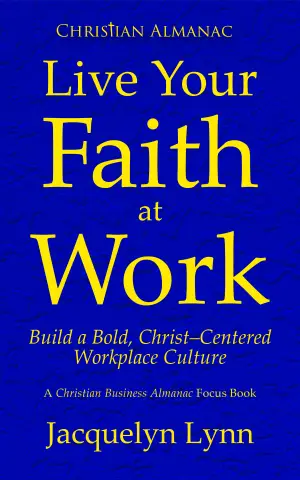Book Review: Attached: The New Science of Adult Attachment and How It Can Help You Find—and Keep—Love
In a world where relationships sometimes feel like an enigma, Attached by Dr. Amir Levine and Rachel Heller caught my eye not just as a self-help book, but as an essential guide to understanding the fabric of our romantic lives. With its scientifically backed insights into adult attachment, I felt pulled in by the idea that science could shed light on our connections with others—something I’d always considered deeply emotional and subjective. Little did I know that this book would not only explain my own behaviors but also offer valuable guidance on how to foster healthier relationships.
At its core, Attached introduces readers to the three primary attachment styles: anxious, avoidant, and secure. Levine and Heller deftly outline how these styles manifest in our relationships, providing relatable scenarios and easy-to-understand quizzes that help us identify our style and that of our partners. From the anxious individual who seeks constant reassurance to the avoidant partner who craves independence, I found reflections of friends and loved ones, illuminating patterns I had previously overlooked. It was like peering into a mirror—both enlightening and slightly unnerving.
The authors’ writing style strikes a balance between academic rigor and conversational prose. While some books on psychology can feel dense or inaccessible, Levine and Heller manage to convey complex ideas with clarity and warmth. Their explanations are often enriched with real-world examples that resonate deeply. One quote that particularly stood out to me was: “Your attachment needs are legitimate.” This statement offers a comforting reminder that it’s perfectly natural to seek closeness and support in our relationships, turning what could feel like vulnerability into a recognition of our shared humanity.
The pacing of the book is refreshing—it’s engaging without overwhelming the reader with jargon. Each chapter gradually unfolds new insights and tools, culminating in practical advice for navigating relationship dynamics. One of my favorite aspects was the emphasis on self-awareness, as both authors encourage us to not only understand our attachment needs but also to communicate them with compassion to our partners.
Attached is not merely for those in tumultuous relationships; it’s a toolkit for anyone curious about the dynamics of love. Whether you’re single, dating, or in a long-term relationship, this book equips you with the tools to identify and navigate attachment patterns. I found its insights particularly empowering during a time when I was reflecting on my own relationship. It helped me realize my tendencies and behaviors in a way that felt constructive, giving me a roadmap for improvement.
In conclusion, I wholeheartedly recommend Attached to anyone who desires to enrich their understanding of love and relationships. Whether you’re an anxious attachment type looking for reassurance or someone seeking to understand their avoidant partner, this book is a treasure trove of insights. It’s not just a read; it’s an exploration of the powerful currents that shape our connections with one another. From my own experience, it left me feeling not only enlightened but also more equipped to navigate my own relational dynamics with empathy and openness.






